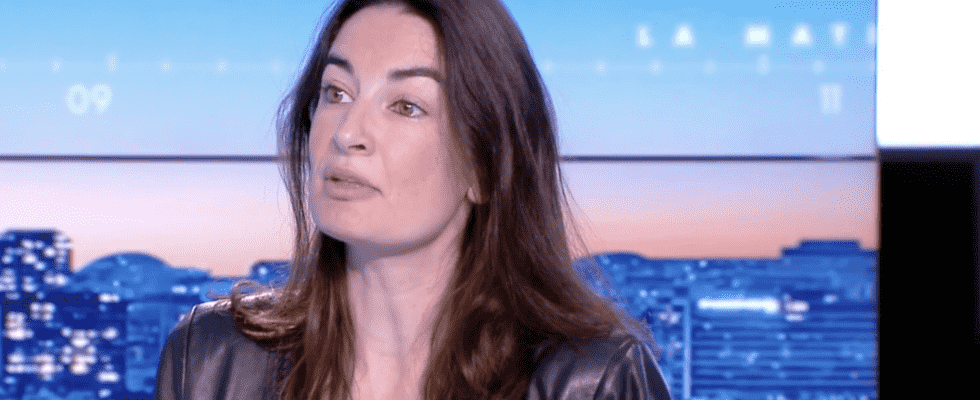In her editorial for this Friday, April 15, Agnès Verdier-Molinié, director of the IFRAP foundation, discusses the economic challenges of the next five-year term.
The next president’s economic leeway will be very small, if not zero! First, because inflation – which is now established – can only be fought effectively at the level of the European Central Bank – this will require an increase in key rates (which France has done everything to postpone until after the elections?). The President of the ECB will necessarily activate this lever to try to stem the rise in prices and avoid a huge social crisis in the euro zone, but the rise in interest rates can also trigger, on the other hand, a public debt crisis – especially in France!!
We can’t say that the programs are announcing a lot of spending cuts except in terms of retirement with the postponement of the retirement age to 65, but if we make exceptions in all directions and it’s not 65 but 64 etc etc we will not have the expected savings – What will be obvious after the election is that the famous whatever the cost is no longer financeable except to put France into bankruptcy. The day after the second round, we can say that the spending party will be well and truly over! Everything that has been swept under the rug – gigantic debt, abysmal trade deficit, colossal public deficit, cost of debt which will start to rise – will come to the surface like a cork and we will finally have the debate that the French have been private during the campaign
How will this translate in practice? First with strong pressure from the frugal countries of Northern Europe for France to put its public finances in order. Germany and the Netherlands will not tolerate for a long time that a country with which they share the same currency practices whatever it costs permanently and perpetually lets slip its deficits and its debt (excluding military expenditure)
The next government, whoever it is, will have to quickly show proof of budgetary seriousness and a desire to control public finances.
Otherwise it will expose itself to a sanction from the financial markets through a sudden rise in interest rates on the debt with a debt burden that will become “unfinanceable”. The rate of the French ten-year debt is at 1.3%, the highest level for eight years. This subject will prove to be crucial especially in France because half of our public debt is held by foreign investors. We won’t be able to walk them for long. It’s time to get out of the losing triptych for France and the French of the country which taxes the most, spends the most and works the least and which goes into debt to function… Good hearers.
